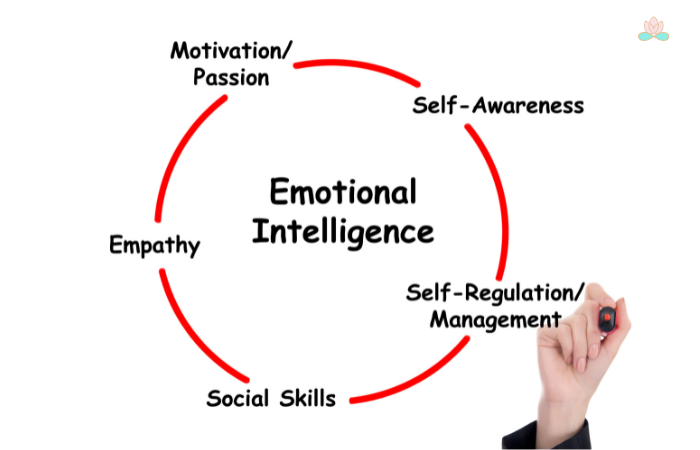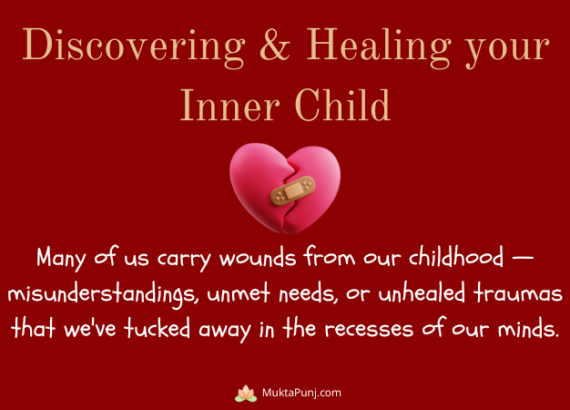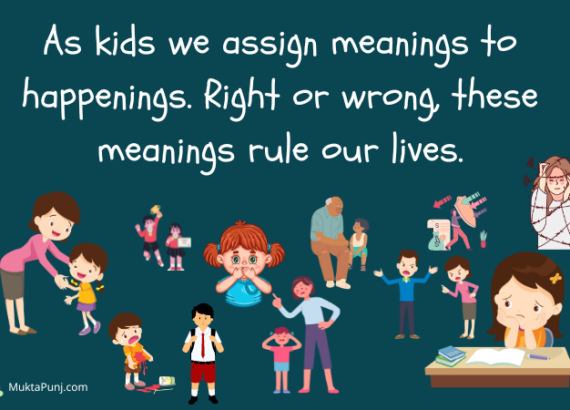EI Skills: 10 Powerful Ways of Developing them

EI, which is the short form of emotional intelligence, is the amazing ability to notice, understand, manage, and navigate not only your own emotions but also those of others. This makes for healthy and productive interactions with others.
In this article, I will explain the most important EI skills and how we can develop them.
Find out how improving your emotional intelligence skills can help you do well in your daily life and at work.
1. Empathy: The Heart of Emotional Intelligence
Observe closely real-life examples of empathy in action around you and your surroundings in real life; examples which show how deeply someone understands the feelings of others and how much they care about the other’s well-being.
2. Active Listening: Elevate Your Communication
Of all the EI skills, this one is the most under rated. Explore situations where active listening is the main event. This will show you how to listen without being distracted. This will also show you how to answer in a way that shows you really understood what the speaker was saying.
3. Self-Awareness: Navigating Your Emotional Landscape
Explore case studies that show how self-awareness helps people make good decisions. Because of self-awareness they know their own feelings, strengths, and flaws.
4. Self-Regulation: Mastering Emotional Composure
Learn about real-world examples of self-regulation. Self-regulation is the ability to control urges and emotions well even when things are hard or stressful.
5. Adaptability: Thriving in Changing Tides
Watch people show how adaptable they are. This can be done by being flexible, open to change, changing their responses to fit different scenarios and the needs of the people involved.
6. Conflict Resolution: The Art of Harmony
Look into cases of conflict resolution where emotional intelligence (EI) was a key factor in figuring out how to deal with the underlying feelings and find fair solutions.
7. Motivation: Fueling Success with Positivity
Explore ways that people are motivated to set and work toward personal and professional goals, keeping a happy attitude even when things don’t go their way.
8. Social Skills: Navigating Social Waters
Learn about social skills by looking at real-life examples, such as how to do well in social settings, build strong relationships, and communicate well.
9. Self-Reflection: Your Path to Growth
Explore the practice of self-reflection, in which people regularly think about their feelings, actions, and relationships in order to learn from the past and improve their emotional intelligence (EI).
10. Recognizing Non-Verbal Cues: The Silent Language of Emotions
Learn how important it is to pick up on nonverbal cues, like body language, facial expressions, and tone of voice, to understand how others feel and what they want, even if they don’t say it out loud.
By accepting and practicing these EI skills, you can improve your ability to communicate, build relationships that are good for you, and make decisions that are good for you. This will improve both your personal and professional life.











Comments
Trackbacks & Pingbacks
[…] EI Skills: 10 Powerful Ways of Developing them […]
[…] EI Skills: 10 Powerful Ways of Developing them […]